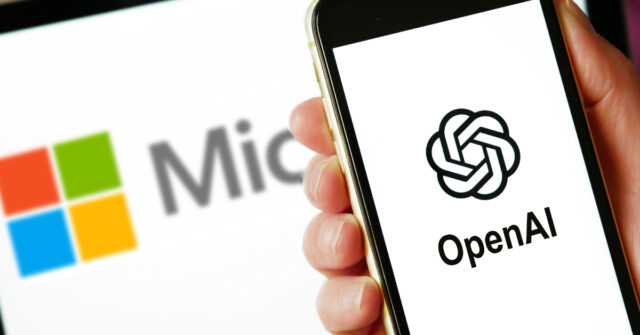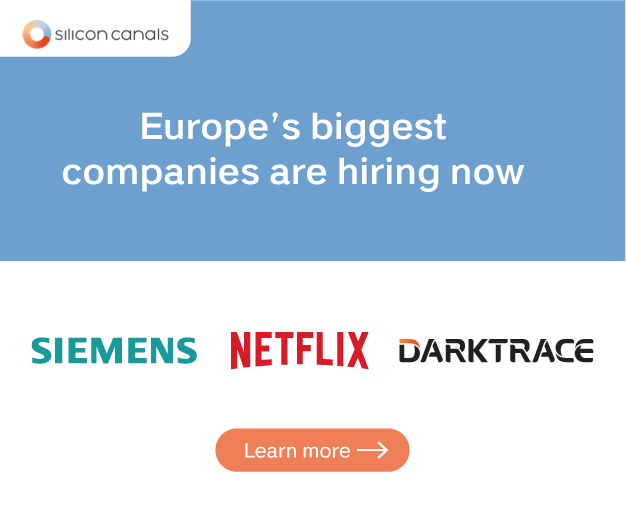OpenAI, a US-based AI research organisation, recently announced that it has modified the governance structure of its venture capital fund, removing former CEO Sam Altman from control, according to a filing with the US Securities and Exchange Commission (SEC).
The OpenAI Startup Fund, which has raised $175M from partners like Microsoft, invests in early-stage companies driven by AI across various sectors, including healthcare, law, and education.
The announcement comes a few months after OpenAI fired Altman over communication issues last November. Although Altman was reinstated, his ownership of the fund could pose potential issues for the company.
Despite being the named controller, Altman had no personal investment or financial interest.
According to the filing, Ian Hathaway, who has been a partner at the fund since 2021, has taken over control of the fund. Altman will no longer be a general partner at the fund.
OpenAI unveils Voice Engine Technology
Last week, OpenAI unveiled Voice Engine technology, which uses text input and a single 15-second audio sample to generate natural-sounding speech that closely resembles the original speaker.
The company piloted the feature with a few of its trusted partners last year.
“We’ve been impressed by the applications this group has developed. These small-scale deployments are helping to inform our approach, safeguards, and thinking about how Voice Engine could be used for good across various industries,” says the company.
According to the company, the Voice Engine technology has been used in various applications such as
- Providing reading assistance to non-readers and children
- Translating content, like videos and podcasts,
- Reaching global communities, by improving essential service delivery in remote settings.
- Supporting people who are non-verbal, such as therapeutic applications for individuals with conditions that affect speech and educational enhancements for those with learning needs.
- Helping patients recover their voice, for those suffering from sudden or degenerative speech conditions.
Earlier this year, OpenAI also launched its text-to-video generation model – Sora, which can generate videos up to a minute long while maintaining visual quality and adherence to the user’s prompt.
The company has granted red teamers to assess critical areas for harm or risks.
Additionally, the company also granted access to several visual artists, designers, and filmmakers to gain feedback on how to advance the model to be most helpful for creative professionals.





